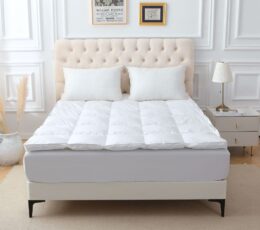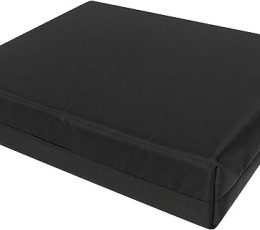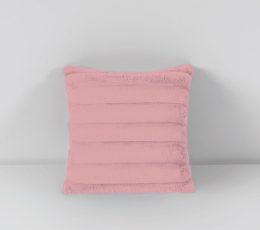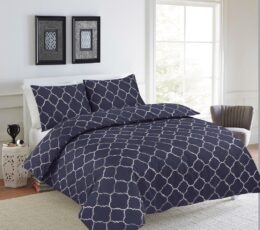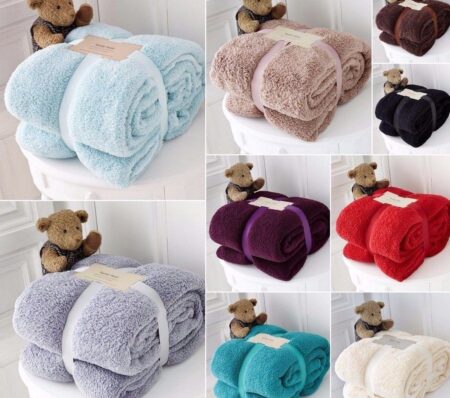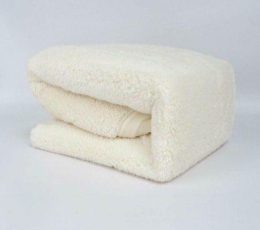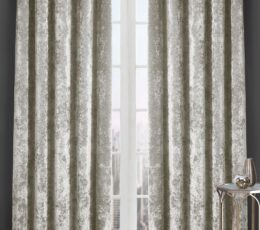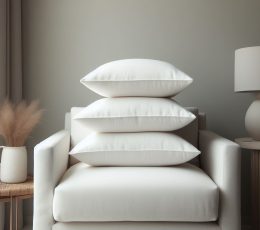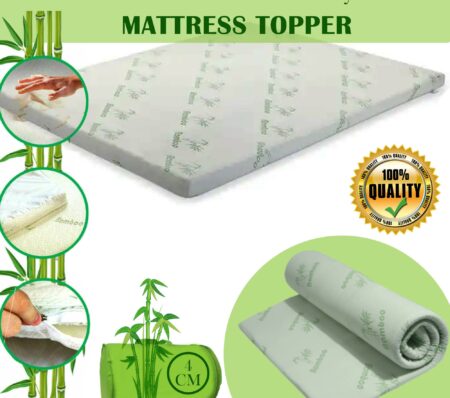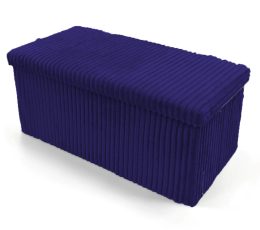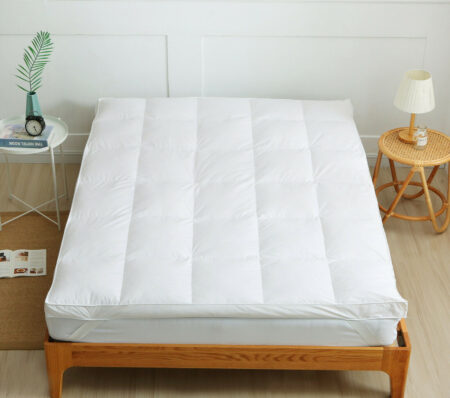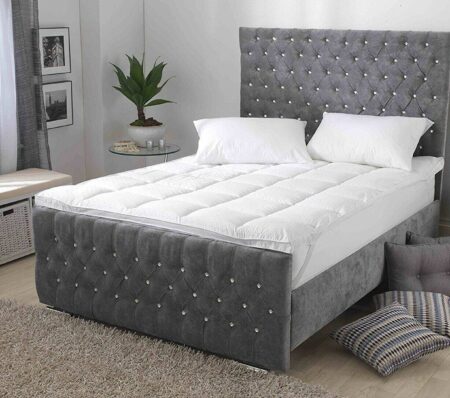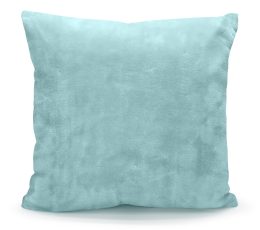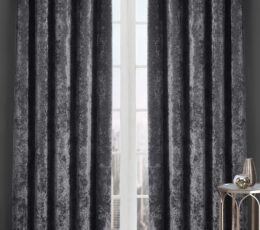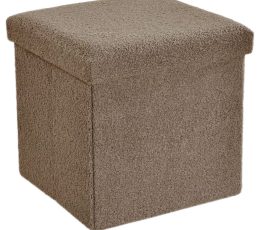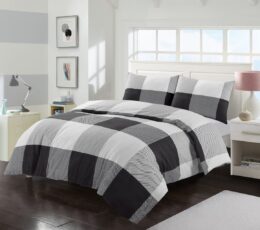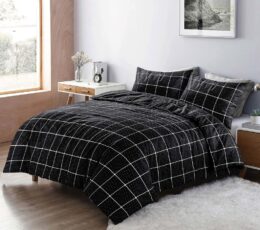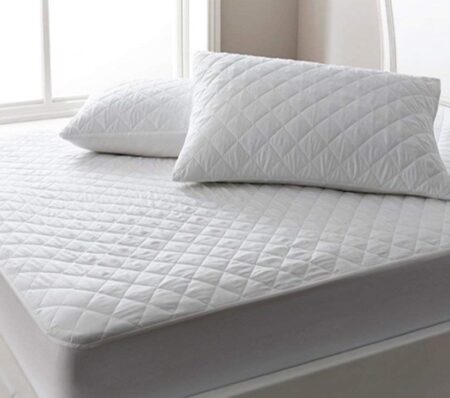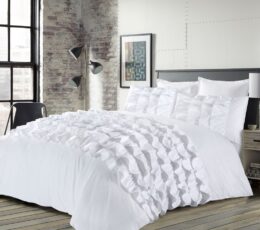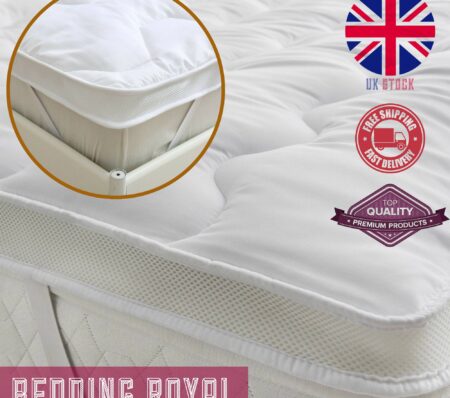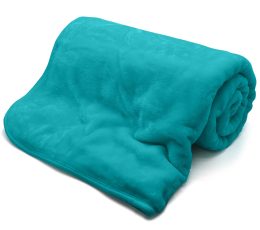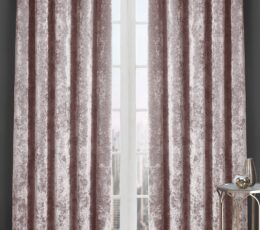Choosing the right pillowcase might seem trivial, but it can significantly leave an impact on the quality of your sleep and overall well-being. Among various materials available, cotton remains a top choice for many due to its comfort, durability, and breathability. In this informative guide, we will delve into the world of cotton pillowcases, exploring why they’re an excellent choice, their benefits, and the different types available to help you make an informed decision for a blissful night’s sleep.
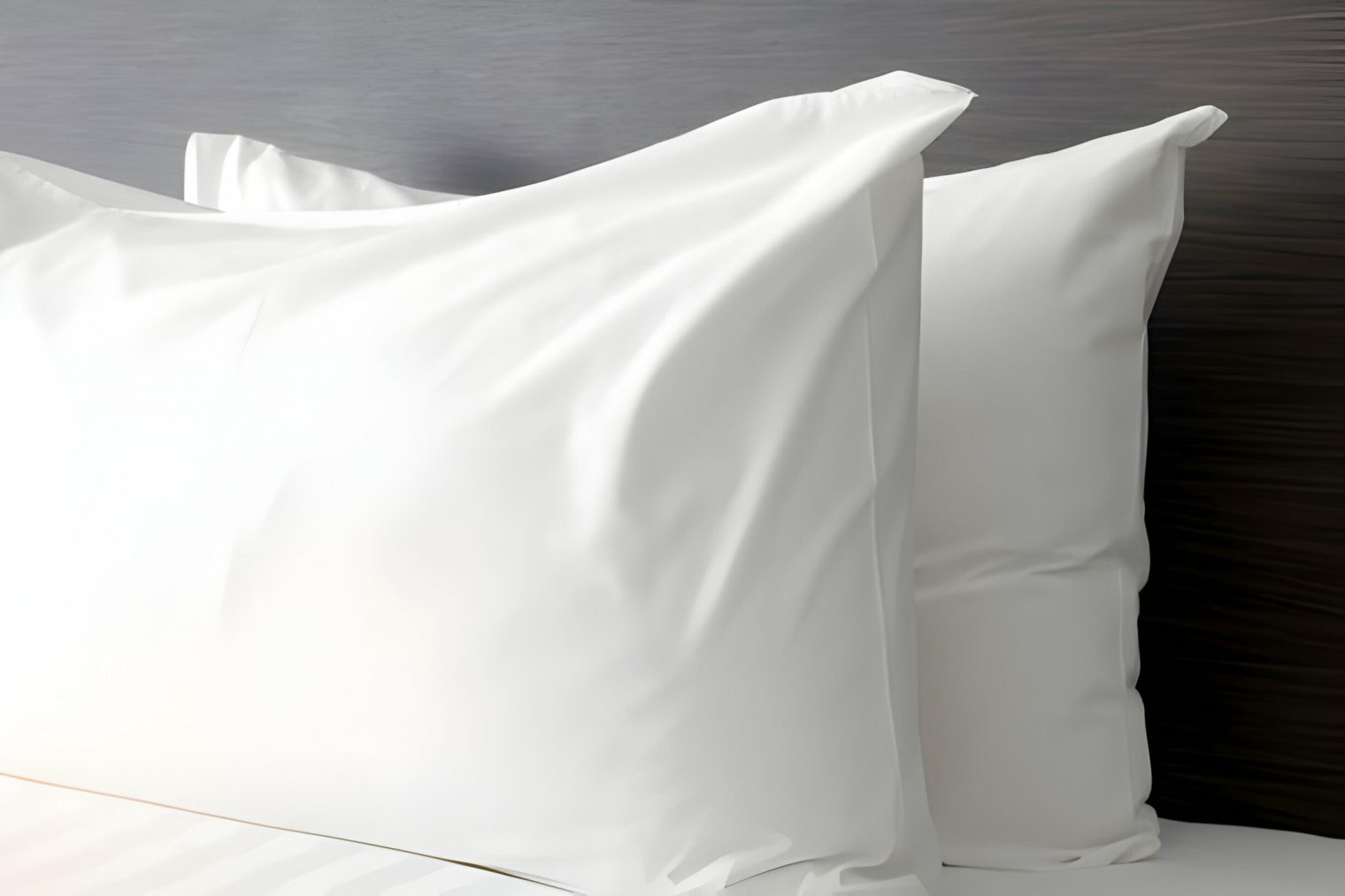
Why Cotton Pillowcase?
Choosing a cotton pillowcases offers many benefits for a comfortable and restful sleep experience. Cotton is renowned for its exceptional breathability, allowing air to circulate freely through the fabric. This natural ventilation prevents overheating and helps to regulate your body temperature, ensuring that you stay cool and comfortable throughout the night as per instruction of pillowcase guide. Additionally, cotton’s breathability helps wick away moisture, keeping you dry and preventing sweat buildup, which can lead to discomfort and disrupted sleep. This makes cotton pillowcases an excellent choice for individuals who sleep hot or experience night sweats and for warm climates or summer months.
Benefits of Using Cotton Pillowcase
The cotton pillowcases is one of the most commonly used pillowcase materials. But before selecting the case for pillow, which is common, it is better to understand the benefits of cotton and whether it is beneficial to you or not.
- Improved Sleep Quality: The softness and breathability of cotton promote a comfortable sleep environment, helping you relax and fall asleep faster. Its natural properties ensure uninterrupted sleep throughout the night.
- Skin and Hair Health: Cotton is gentle on the skin and hair, reducing friction and preventing hair breakage and skin irritation. It helps to retain moisture, keeping your skin hydrated and your hair smooth and tangle-free.
- Temperature Regulation: Cotton’s breathability ensures proper airflow, preventing overheating and night sweats. It keeps you cool and warm and provides warmth during colder months, promoting optimal sleeping conditions year-round.
- Allergy Relief: Cotton’s hypoallergenic properties make it an ideal choice for allergy sufferers. It resists dust mites, pollen, and other allergens, providing a clean and hygienic sleep surface for a restful night’s sleep.
- Easy Care: Cotton pillowcases are easy to care for, as they are hand and machine-washable and maintain quality after multiple washes. They dry quickly and require minimal maintenance, making them a practical choice for busy individuals.

Types of Cotton Pillowcase
You’ll face various options when selecting the perfect cotton pillowcase, each offering unique characteristics and benefits. Let’s explore some of the most common types of cotton pillowcases which holds the candle like any other types of pillow cases:
- Percale Pillowcases: Percale is a classic choice known for its crisp and cool feel. It’s made with a tight, plain weave, producing a smooth and durable fabric. Polycotton pillowcases are lightweight, breathable, and perfect for those who prefer a fresh, airy sleep surface. With a thread count typically 200 to 400, percale pillowcases offer a balance of comfort and durability, making them a popular choice for year-round use.
- Sateen Pillowcases: Sateen is prized for its luxurious sheen and silky-smooth texture. Unlike percale, sateen has a satin weave, where multiple threads are woven over one thread. This creates a lustrous surface that feels incredibly soft and inviting against the skin. Sateen pillowcases often have a higher thread count, ranging from 300 to 600, resulting in a denser fabric with a slight drape. These pillowcases are ideal for those who enjoy a touch of indulgence and prefer a silky feel while sleeping.
- Flannel Pillowcases: Flannel is a cosy, warm fabric perfect for chilly nights or colder climates. It’s made from loosely spun yarns that are brushed to create a soft, fuzzy surface. Flannel pillowcases offer exceptional warmth and insulation, making them ideal for winter months. Despite their plushness, flannel pillowcases are breathable and moisture-wicking, ensuring a comfortable and snug sleep environment.
- Jersey Pillowcases: Jersey cotton is knit rather than woven, resulting in a stretchy and flexible fabric similar to a T-shirt. Jersey pillowcases have a casual, relaxed, soft, and breathable texture. They’re incredibly comfortable and low-maintenance, making them perfect for everyday use. Jersey pillowcases are also resistant to wrinkles, shrinking, and fading, making them an excellent choice for busy households.
- Organic Cotton Pillowcases: Organic or brushed cotton pillowcases are an excellent choice for those who concerned about sustainability and environmental impact. Organic cotton is grown without using any types of synthetic pesticides or fertilizers, which makes it a healthier and more eco-friendly option. Organic cotton pillowcases are soft, hypoallergenic, and gentle on your skin, making them perfect for individuals with sensitive skin or allergies. They offer the same comfort and breathability as conventional cotton pillowcases while promoting sustainability and responsible farming practices.
How to Wash Your Cotton Pillowcase
Proper care is important to prolonging the life of your cotton pillowcase and ensuring it remains soft, clean, and comfortable. Here’s a step-by-step guide on how to wash your cotton pillowcase effectively:
- Read the Care Label: Always check the care label for instructions before laundering your cotton pillowcase. Some pillowcases may have special washing recommendations, such as water temperature, detergent type, or drying instructions.
- Pre-treat Stains: If your pillowcase has any stains or spots, pre-treat them before washing. Apply a small amount of laundry detergent or a stain remover directly to the affected area and gently rub it in. Allow the pre-treatment to sit for a few minutes before proceeding to the next step.
- Choose the Right Water Temperature: Cotton pillowcases can be typically washed in warm or cold water. However, for heavily soiled pillowcases or to remove allergens effectively, use hot water (around 140°F or 60°C).
- Use Mild Detergent: Select a gentle laundry detergent suitable for cotton fabrics. Avoid using bleach or harsh chemicals, as they can damage the fibres and reduce the lifespan of your pillowcase. Consider using a mild detergent made specifically for delicate fabrics for a natural alternative.
- Load the Washing Machine: Place your cotton pillowcase in the machine, along with similar colours and fabrics. Overloading the machine can prevent proper cleaning and rinsing, so leave enough space for the pillowcase to move freely during the wash cycle.
- Dry Appropriately: After washing, remove the pillowcase from the machine and shake it very gently to remove any wrinkles. Cotton pillowcases can be air-dried or machine-dried, depending on your preference and the care label instructions. If using a dryer, choose a low or medium heat setting to prevent shrinkage and maintain the fabric’s softness.

Cotton vs Silk Pillowcases
Cotton pillowcases are celebrated for their softness, breathability, and durability. Made from natural fibres, cotton provides a cosy, comfortable sleep surface that promotes relaxation and restfulness. Its breathability allows air to circulate freely through the fabric, preventing overheating and ensuring a cool and refreshing sleep experience. Additionally, cotton pillowcases are easy to care for and maintain, which makes them a practical choice for everyday use. With proper care, cotton pillowcases can withstand frequent washing and maintain their integrity over time.
On the other hand, silk pillowcases offer a luxurious and indulgent sleep experience. Renowned for their smooth and silky texture, silk pillowcases reduce friction and minimize hair breakage, making them ideal for those with delicate or sensitive skin. Silk’s natural properties help retain moisture and prevent dehydration, promoting healthier hair and skin. The Silk vs Satin Pillowcase is also consider to be talk of the season while both looks same but with the different features.
In summary, choosing cotton and silk pillowcases depends on individual preferences and priorities. Cotton pillowcases are prized for comfort, breathability, and durability, while silk pillowcases offer luxurious softness and hair and skin benefits. Whether you prioritize comfort, practicality, or indulgence, cotton and silk pillowcases can enhance your sleep experience and contribute to a restful night’s sleep.
FAQs
What is a cotton pillowcase?
A cotton pillowcase is a bedding accessory made from cotton fabric. Cotton is a fibre made of natural material derived from cotton plants known for its softness, breathability, and durability. Cotton pillowcases come in various types, weaves, and finishes, offering different textures and characteristics to suit individual preferences and needs.
Why do people use cotton pillowcases?
People use cotton pillowcases for several reasons. Firstly, cotton is prized for its comfort and breathability, providing a cosy and comfortable sleep surface that promotes relaxation and restfulness. Additionally, cotton pillowcases are hypoallergenic, making them suitable for allergy sufferers or those with the sensitive skin.
Are cotton pillowcases bad for your hair?
No, cotton pillowcases are not inherently bad for your hair. Cotton is a gentle and soft fabric that minimizes the friction, reducing the risk of hair breakage and split ends. However, some individuals may prefer silk pillowcases for their hair benefits, as silk’s smooth surface helps prevent tangling and frizz, resulting in softer and healthier-looking hair.
Are cotton pillowcases bad for your skin?
No, cotton pillowcases are not bad for your skin. Cotton is naturally hypoallergenic & gentle, making it suitable for all skin types, including sensitive skin. Cotton pillowcases allow the skin to breathe and do not trap moisture or bacteria, promoting a clean and hygienic sleep environment. However, individuals with specific skin conditions or concerns may benefit from specialized pillowcases designed for their needs.
What is a good thread count for cotton pillowcases?
A good thread count for cotton pillowcases typically ranges from 200 to 800 threads per square inch. Higher thread counts often the result in a smoother and softer fabric. However, the cotton quality and the weaving process also play a vital role in determining the overall feel and durability of the pillowcase.
Is it good to sleep with a cotton pillowcase?
Yes, it is generally good to sleep with a cotton pillowcase. Cotton pillowcases offer comfort, breathability, and durability, providing a cosy, inviting sleep surface that promotes relaxation and restfulness. Additionally, cotton is hypoallergenic and gentle on the skin, making it suitable for all sleepers, including those with sensitive skin or allergies.
What are the alternatives for cotton pillowcases?
Some alternatives for cotton pillowcases include silk, satin, linen, and bamboo. Silk pillowcases offer luxurious softness and hair and skin benefits, while satin pillowcases provide a smooth and shiny surface. Linen pillowcases are lightweight and breathable, ideal for warm climates or hot sleepers, while bamboo pillowcases are eco-friendly and sustainable.
What are the disadvantages of using cotton pillowcases?
While cotton pillowcases offer numerous advantages, they also have some disadvantages. Cotton pillowcases may wrinkle easily, especially if not properly cared for or ironed. Additionally, cotton pillowcases may fade over time, especially if exposed to direct sunlight or washed frequently. Some individuals may also prefer alternative materials, such as silk, for their hair and skin benefits.
Do cotton pillowcases shrink after washing?
Cotton pillowcases may shrink slightly after washing, especially if not pre-shrunk or soaked in hot water. To minimize shrinkage, it’s recommended to wash cotton pillowcases in cold water and air dry them or tumble dry on a very low heat setting.
Are cotton pillowcases hypoallergenic?
Cotton pillowcases are naturally hypoallergenic, making them a perfect choice for allergy sufferers or people with sensitive skin. Cotton resists dust mites, mould, and other allergens, creating a cleaner and healthier sleep environment. However, it’s essential to maintain proper hygiene by washing your pillowcases regularly to minimize allergen buildup.
Choosing the perfect cotton pillowcase involves considering comfort, breathability, durability, and personal preferences. Whether you opt for percale, sateen, flannel, jersey, or organic cotton, investing in a high-quality cotton pillowcase can significantly enhance your sleep experience and overall well-being. Understanding the benefits and types of cotton pillowcases allows you to create a cosy and inviting sleep environment for restful nights and rejuvenated mornings.


